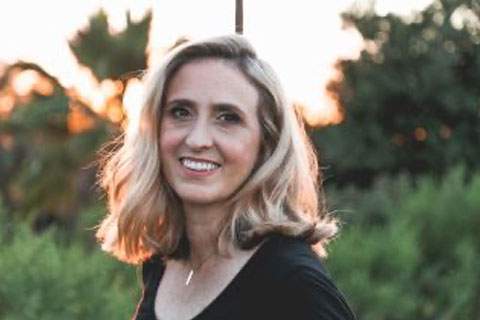A lack of sex education leaves students unprepared and at risk in their sex lives.
Of all the subjects we learn in college, sex education is one of the more complex and crucial topics that we should leave college understanding. Of all the required classes that the UW has set out for us, sex education isn’t one of them. Of all 50 U.S. states, only 24 require that sex education be taught in high school or middle school, and a mere 20 states require that sex education, if provided at all, be medically, technically, or factually correct. Although we may see Seattle and our state as a place of liberal refuge, Washington state doesn’t require sex education.
Students need sex education at a collegiate level to be able to develop into responsible and consenting adults. College is a place where many people are figuring things out about themselves for the first time. To grow into adults without basic information on sex, gender, and consent leaves a gaping hole where healthy sex lives and sex-positive members of society should be.
I am from Seattle, and while in high school, I received a comprehensive and beneficial sex education. However, a large portion of the information I received was on matters unrelated to sexuality, such as addiction, and important issues such as pregnancy and abortion were barely touched on. Based on the state statistics for sex education and how large the UW is, we can assume that a substantial number of people have had little to no sex education.
“PSYCH 210: The Diversity of Human Sexuality” was the one class at the UW that changed my understanding of sexuality and its related topics. The class describes itself as a focus on the “biological, psychological, and socio-cultural determinants of human sexuality and sexual behavior, and how their interaction leads to diverse expressions.” In plainer words, the real topics of the class are sex, anatomy, orientation, and identity.
“I think that the way that I approach PSYCH 210 is consistent with an overall trend in the country for more sex-positive sex education,” Nicole McNichols, the professor of PSYCH 210, said. “I just believe that to really feel empowered, students need to have a really firm understanding of their own, and their partner’s anatomy. The more information that we can afford students, the more that they’ll be able to approach sexual experiences feeling informed, feeling that they have control over their own bodies, feeling that they can respect other people’s bodies, and I think this will lead to happier sexual experiences.”
McNichols does believe that accurate and appropriate sex education should be a required course in college education, and I agree with her. Being a requirement rather than an offered course would push students to learn this important curriculum along with our general education credits, major credits, and minor credits, instead of just allowing students to opt into the course.
“[Sex education] might be something that’s frightening to them, or that it’s just about sex and [they think] that they know everything about sex,” McNichols explained. “Then you have people who have no sex ed or you get students who are from certain religiously conservative foreign countries that have not had any sex ed, and so the class needs to be informative and helpful for all those students. I also get students that take the class for all different reasons: some are there to learn about bodies, some are there to learn about gender issues or LGBTQIA+ issues — some are there to learn even about pornography.”
One commonly held yet untrue belief about sex education is that by discussing and teaching sex education, students will automatically develop the variety of beliefs or identities being presented.
“[There’s this idea that] introducing topics surrounding sexual orientation and gender would, quote end quote, only confuse children and make them less likely to be able to understand their bodies,” McNichols said. “This just sort of translates or reflects this idea that … if you introduce these ideas about gender and transgender and LGBTQIA+ minorities, people or children are going ‘catch it’ and it’s almost like they describe it as a disease — and God forbid you expose people to these ideas, because they might then decide because of that exposure that that is going to define them, and nothing could be further from the truth.”
Restricting sex education can prevent individuals from accessing information that can help them develop their identities. McNichols said that many people who hold different gender or sexual identities know from a young age, and sex education only helps identify the thoughts and feelings they have been having. Without such information, people may not have the knowledge to help them make responsible choices, fully understand themselves, or know that any sexuality or gender they identify with is OK.
Without proper sex education, we leave students at a loss when it comes to fully understanding the scope of sex and identity of themselves and others. As cliché as it may sound, college is a time when we are all trying to find ourselves. It’s hard to understand yourself and others when many young adults lack proper education in high school and go through college without bridging these gaps. Requiring sex education would help students understand contraceptives, consent, porn, and at its most powerful, their sexuality or gender identity.
https://teensparentsteachers.org/requiring-sex-education-in-college-can-change-lives/











































